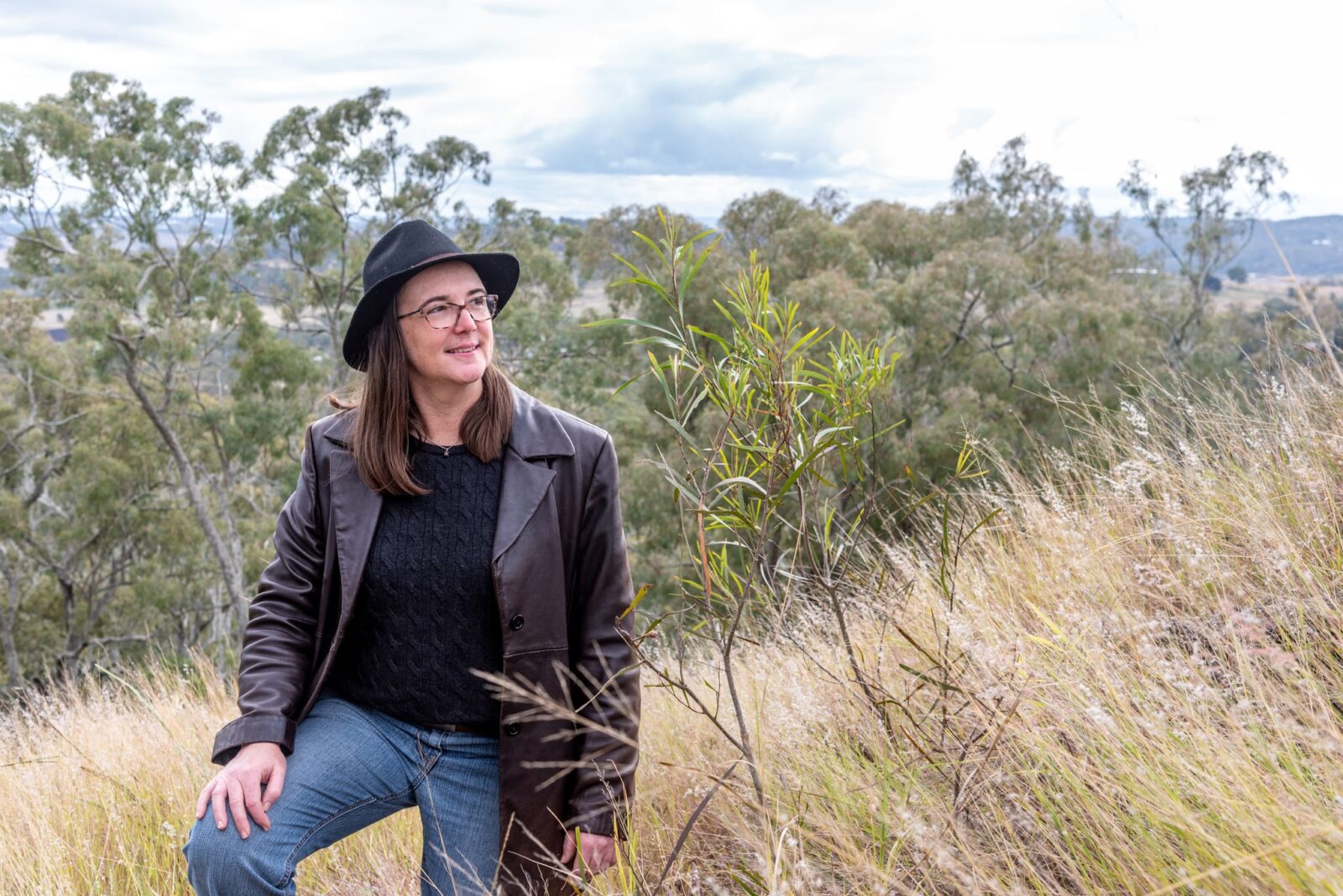AgriFutures Australia welcomes new Chairman
 NATIONAL CHALLENGES AND OPPORTUNITIES / Tuesday, 26 September 2023
NATIONAL CHALLENGES AND OPPORTUNITIES / Tuesday, 26 September 2023
Poor experiences with early carbon contracts linger

A survey of landholders in a key Queensland region targeted by carbon brokers in the early phases of carbon farming has revealed many had negative experiences, which still affects perceptions of carbon farming in the wider community.
When Jayne Thorpe heard that in 2015 carbon brokers had been going door-to-door in south-west Queensland to sign landholders up to carbon contracts it came as a surprise.
The plant ecologist and carbon farming consultant knew the distances at play having grown up, studied, and worked in the sprawling region her entire life.
“They had door-to-door salespeople come to their kitchens, which is kind of extraordinary in that landscape, with preformulated contracts saying here’s $10 million over a 10-year period,” Ms Thorpe said.
Some of the people sitting in their kitchens had endured years of punishing drought and were already destocked of cattle, or happy to destock what was left amid depressed prices and signed up to a deal to lock up their entire property to grow trees.
But the contracts also contained obligations that extended far beyond a decade.
“You could say they didn’t do their due diligence, but many were in dire straits and had been for years,” Ms Thorpe said.
“There are permanence periods for carbon contracts and as far as I’m aware there were two versions – one for 25 years and one for 100 years. Beyond the 10-year period you don’t get any more payments, but you have to maintain what has been grown and continue to exclude stock.
“So, we are now almost 10 years on from 2015, when most of those contracts started, and people have become increasingly concerned about what they are going to do.
“The government has done some reviews of carbon farming arrangements and come up with some out clauses for people who felt they didn’t make choices in their best interests. There’s some cost to that but there is a way to exist these carbon contracts.”
Surveying experiences of carbon farming
Southern Queensland Landscapes engaged Jayne Thorpe to interview the landholders as part of a research project funded by AgriFutures Australia, which is seeking to identify barriers to carbon farming.
The Southern Queensland region was identified as a key area for analysis as almost three-quarters of Queensland projects are in the south-west and represent almost one quarter of projects nationwide. By October 2021, 3.5 million hectares were covered by projects registered to trade Australian Carbon Credit Units (ACCUs), approximately 11% of the region.
Ms Thorpe said 43 landholders were interviewed, with roughly one-third already signed up to a carbon farming project, one-third reporting they were willing to engage in carbon farming in the future, and another third responding that they were not interested in carbon farming.
“The reason why south-western Queensland was targeted by brokers early on is because of the really large landholdings and the scale that can be achieved,” Ms Thorpe said.
“They were offered deals that were put to them as the only possible option, which was to completely destock, with the contract operating over the entire land parcel.
“Many people still believe that is the only option when in reality it was just a convenient option for those brokers at the time.”
While carbon farming proposals now allow landholders to set aside a portion of land while also allowing limited stocking, the negative sentiments have lingered, spreading by word of mouth.
The aggregation of properties into large vegetation management projects also created social and cultural impacts.
“When I spoke to landholders about the possibility of them aggregating their carbon projects their minds immediately went to the instance of a company which bought up 18 properties, and it wasn’t a positive view,” Ms Thorpe said.
“To them it was 18 properties that no longer have families, 18 families who no longer send kids to school, 18 families who no longer participate in volunteer firefighting activities. It was a loss of identity.”
Lessons to be learned
The research revealed that while many elements of carbon contracts have changed, there remains a need for education and reassurance.
Ms Thorpe said she hoped the “explosion” of information and helpful tools such as online carbon calculators was helping to turn the tide and encouraging landholders and farmers to investigate carbon management programs.
“South-west Queensland is unique and it’s not the way carbon farming is done in the rest of Australia,” Ms Thorpe said.
“If they can be updated with what’s possible then you’re more likely to lose those negative perceptions.”
Click to download report here
Click to review all the Carbon Initiative Program research findings here.
Media enquiries:
Matt Wordsworth
0404 029 241
Latest News
-
AgriFutures Australia welcomes new Chairman CORPORATE / 26.09.23
CORPORATE / 26.09.23 -
Protecting Australia's beekeeping future through smart traceability HONEY BEE & POLLINATION / 26.09.23
HONEY BEE & POLLINATION / 26.09.23 -
Meet your future agronomists: The five Horizon Scholars getting a career head start WORKFORCE AND LEADERSHIP / 26.09.23
WORKFORCE AND LEADERSHIP / 26.09.23 -
New data reveals $8 billion contribution of Australia’s chicken meat industry CHICKEN MEAT / 26.09.23
CHICKEN MEAT / 26.09.23






